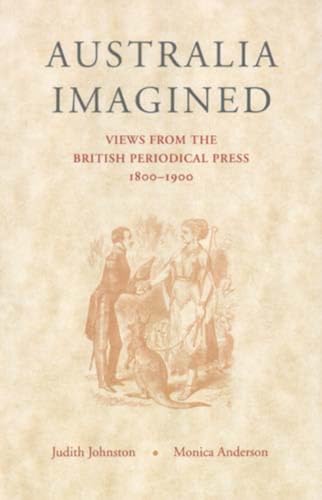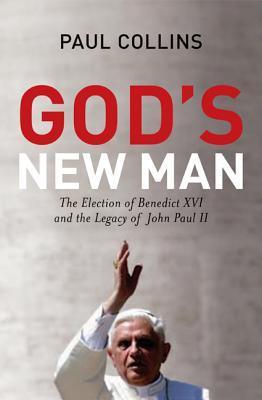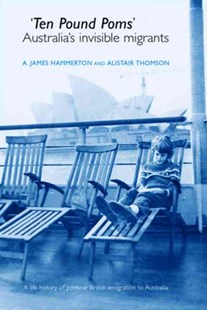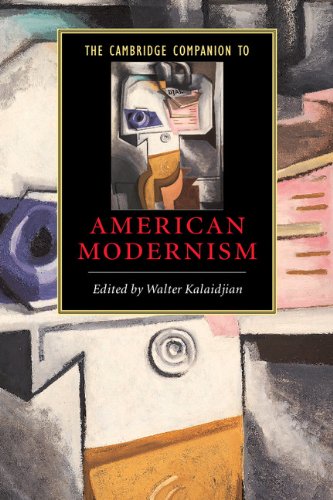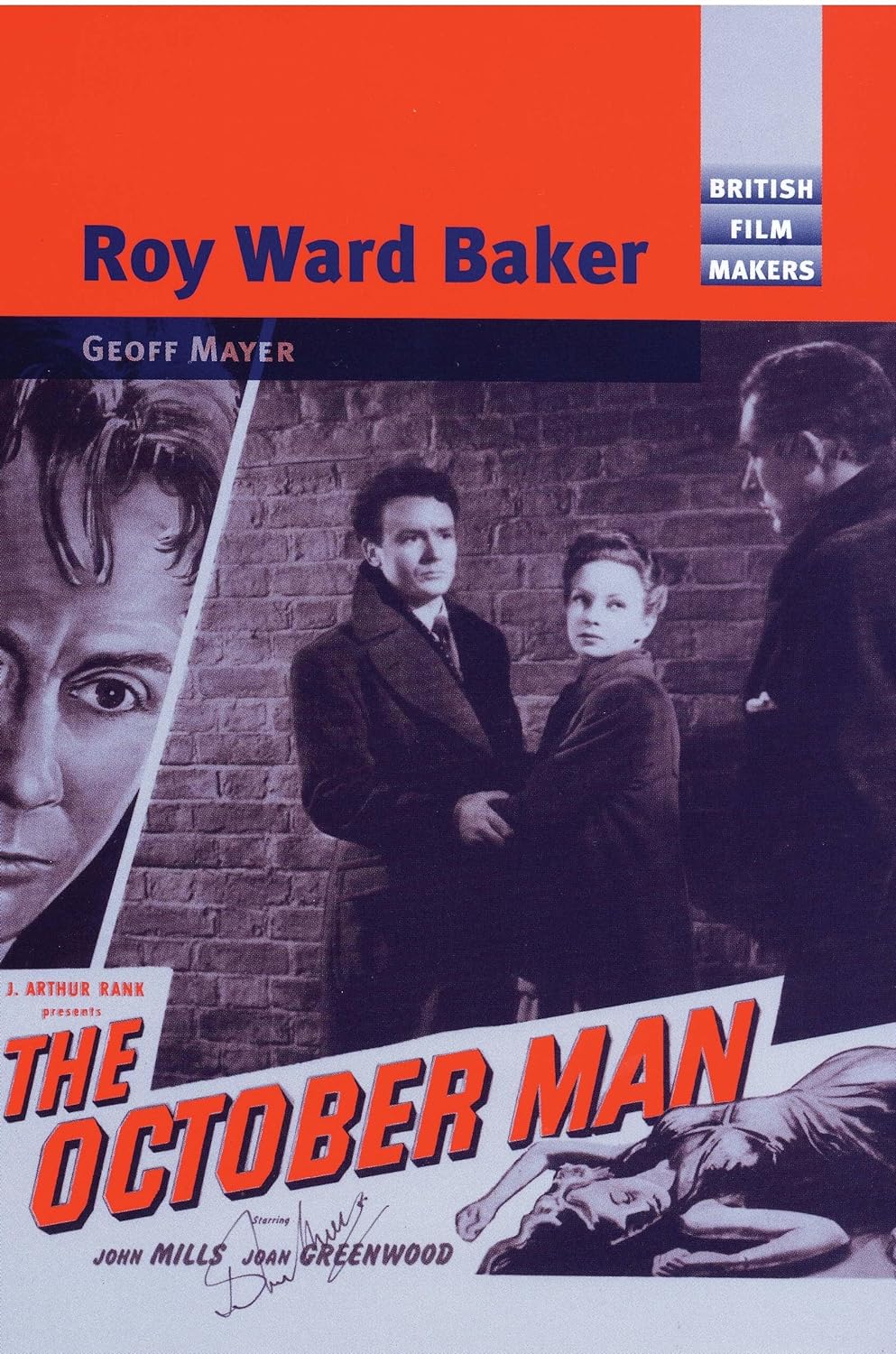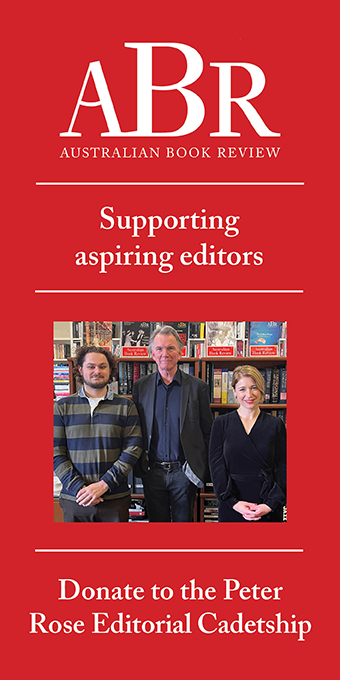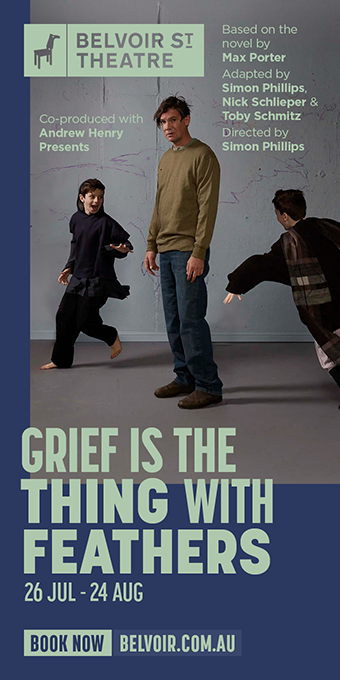Non Fiction
Australia Imagined: Views from the British periodical press, 1800–1900 edited by Judith Johnston and Monica Anderson
by David Carter •
God’s New Man: The election of Benedict XVI and the legacy of John Paul II by Paul Collins
by Adam Carr •
Ten Pound Poms: Australia’s invisible migrants by A. James Hammerton and Alistair Thomson
by Mark Peel •
The Cambridge Companion to American Modernism by Walter Kalaidjian
by Heather Neilson •
Beyond belief: The British bomb tests: Australia’s veterans speak out by Roger Cross and Avon Hudson
by Wayne Reynolds •



